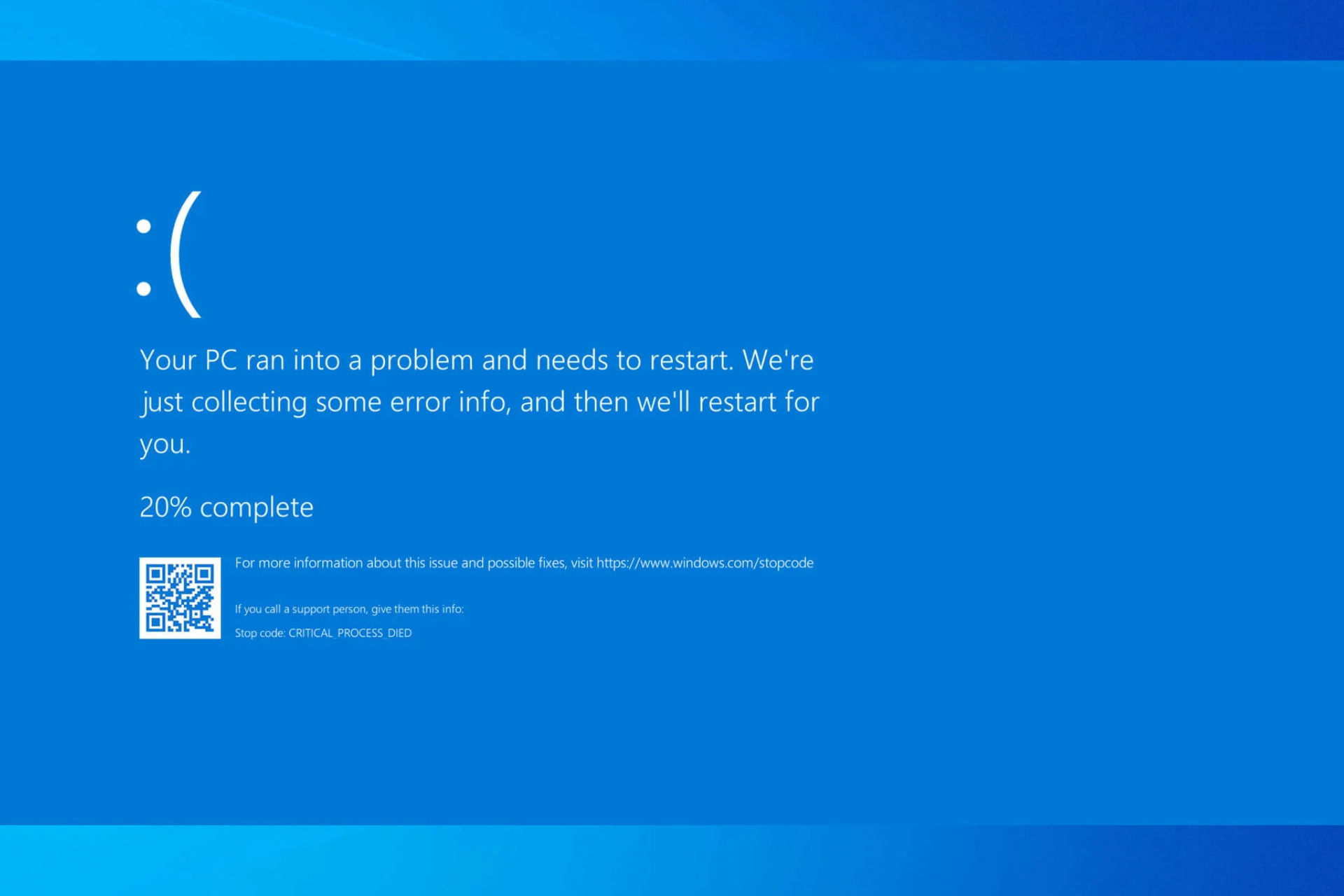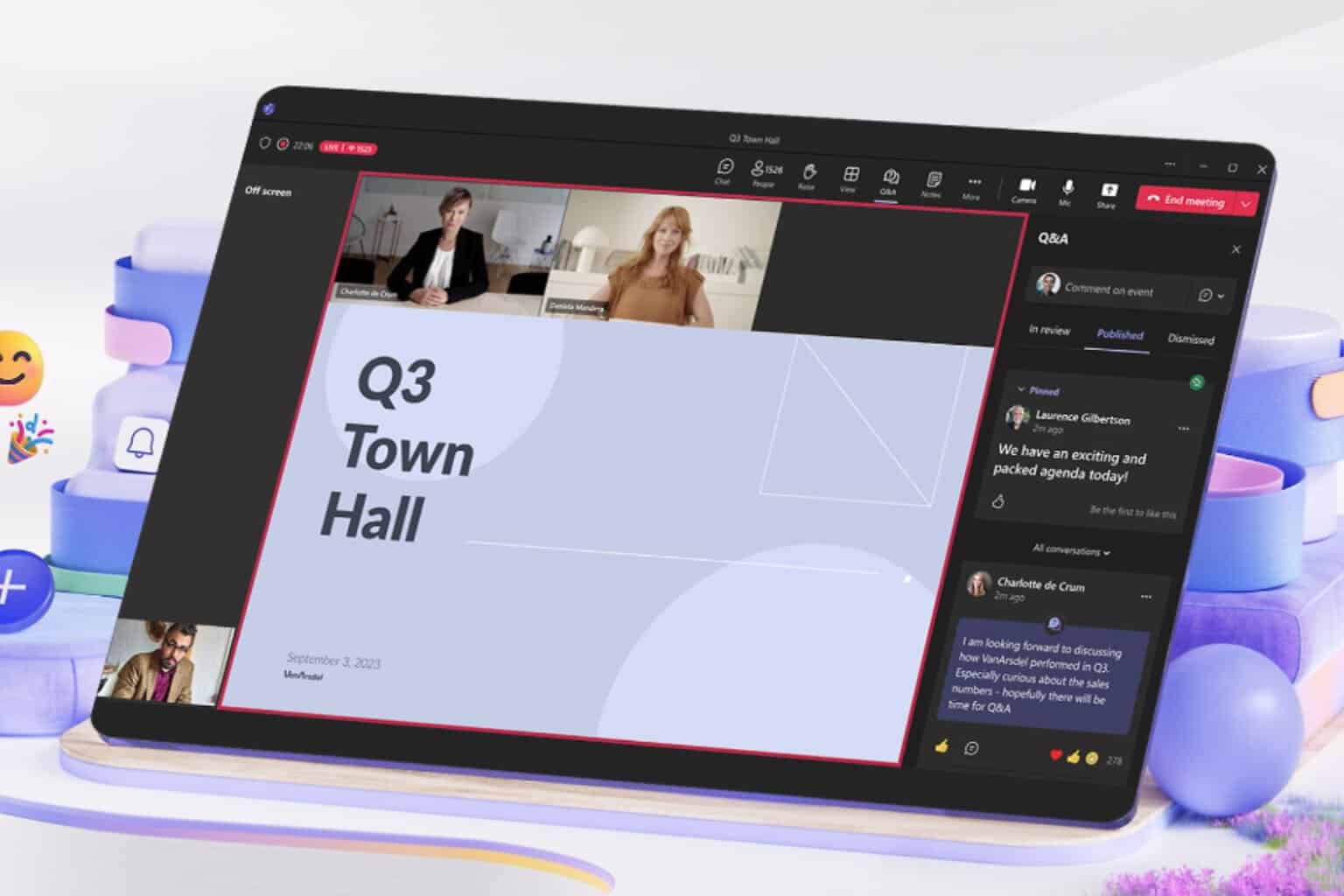Teens more likely to act to protect online safety, Microsoft study shows
2 min. read
Published on
Read our disclosure page to find out how can you help Windows Report sustain the editorial team. Read more
According to a new Microsoft study, teens are more likely to police themselves when it comes to online safety.
In the Microsoft study, there were some interesting findings, namely:
Nine in 10 teens polled said they acted in response to an online risk; nearly two-thirds (65 percent) said they stood up for others in the digital space, and more than three quarters (77 percent) asked for help when they encountered online abuse. That compares to 84 percent of adults who acted in response to an online risk, 59 percent who defended someone else and 60 percent who asked for help. Teens outpaced adults across all three categories. In addition, 56 percent of teens said they knew where to go for help with an uncomfortable online situation, compared to just one-third of adults.
The Council for Digital Good (CDG) released a video on their manifesto, and what you do on the web has an effect on your overall branding of who you are. The video provides a common sense approach to the web and what you can do to protect yourself from the negative implications of posting online.
Last month, CDG council members created a myriad of presentations, artwork, and more on how to make better choices when it comes to representing yourself online. making changes for the better when it comes to online life. Here is a video that was created at the latest CDG meeting last month by Rees Draminski.
Microsoft’s study, titled “Civility, Safety and Interaction Online — 2017” polled teens, ages 13-17, and adults, aged 18-74, on digital civility in an effort to “encourage safer and healthier online interactions.” In all, 11,584 people were polled on their interactions online.
One company, Thorn, asked for feedback on their recent PSA about sextortion. Sextortion is Thorn is a company that fights human trafficking and focuses primarily on child sexual exploitation. Thorn’s PSA is meant to educate teens and adults on what sextortion is and how to combat it. Here is Thorn’s PSA video below.
While it is important for young people be guided by their parents, teachers, and other adult figures on the importance of recognizing what is good to post online and what is not. The CDG is a valuable resource for both teens and parents to understand their digital rights and responsibilities, risks and benefits of their online communications and transactions, and to recognize the personal implications of their online presence.








User forum
0 messages